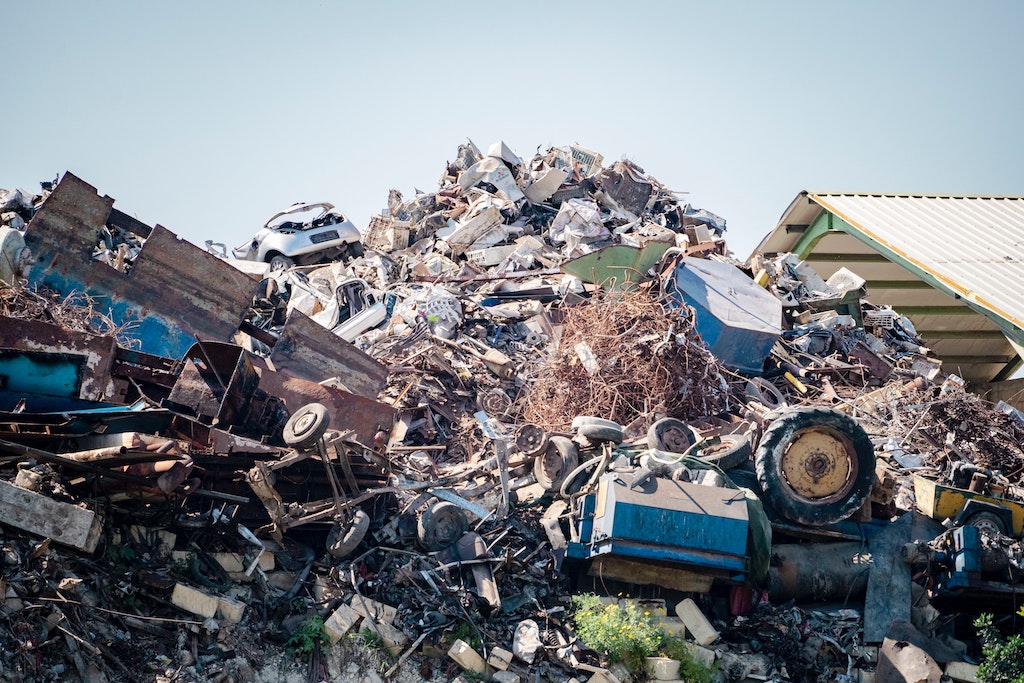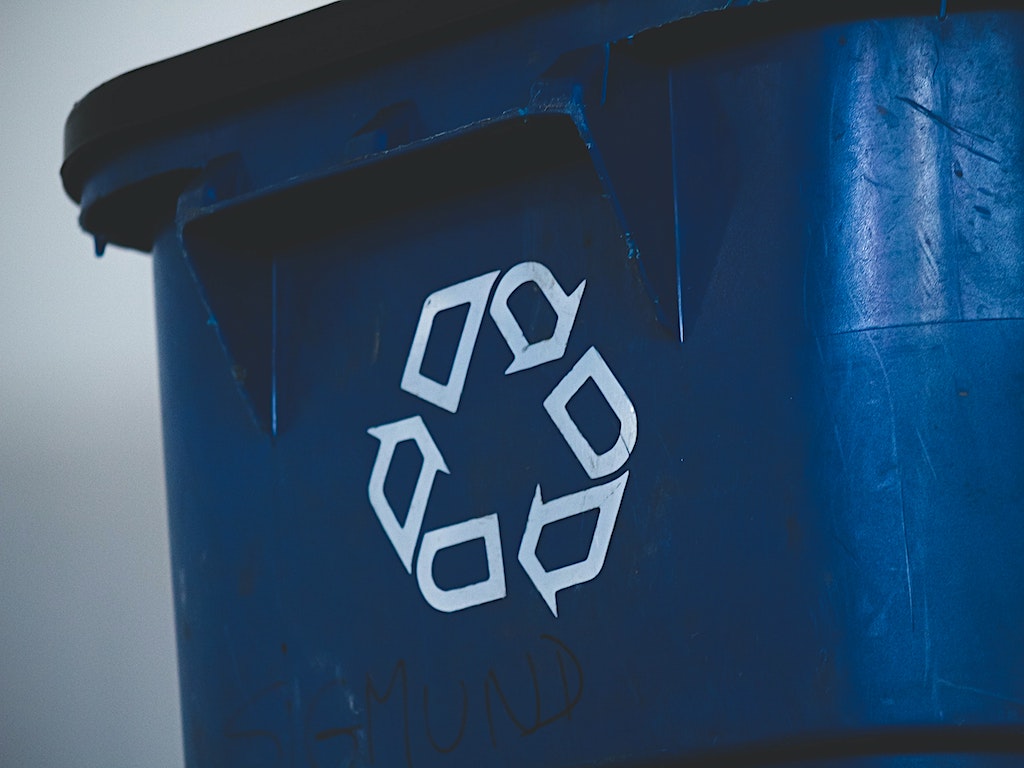3 Mins Read
California has taken steps to ban the use of recycling symbols on items that aren’t actually recyclable. The symbol in question is all too familiar—the triangular sign with the three arrows—and right now, it’s being brandished on a whole lot of single-use plastics that eventually end up in the landfill.
California is now moving ahead with its plan to restrict the use of the infamous recycling symbols to items that can be recycled. On Wednesday (September 8), the state assembly approved a new law that would stop companies from using the sign on their products unless they can provide evidence that these items can be recycled in the majority of California communities.
The bill is expected to pass through the state senate within the next week. It will then need to be signed into law by Governor Gavin Newsom to take effect.
Not everything is recyclable

Right now, the recycling sign can be found branded on a wide range of disposable products, such as takeaway containers and single-use cups. But at least 85% of these items never make it to recycling. Instead, they get thrown away, contributing to the enormous amount of waste being sent to landfills and incinerators.
Or even worse, some non-recycling items get thrown into the recycling bin, which ends up contaminating the recycling system.
With the new bill, companies will no longer be able to feature the recycling sign unless they can prove that the materials used are easily recyclable in the state with CalRecycle, and are actually being turned into new recycled and non-toxic products. It will not only tackle plastic items, but all consumer goods and packaging materials.
Speaking about the law, the bill’s lead sponsor California state Democratic senator Ben Allen said: “It’s a basic truth-in-advertising concept.”
“We have a lot of people who are dutifully putting materials into the recycling bins that have the recycling symbols on them, thinking that they’re going to be recycled. But actually, they’re heading straight to the landfill,” said Allen, as quoted in the New York Times.
Related: Is TerraCycle greenwashing? Lawsuit casts doubt over take-back recycling platform

US role in global plastic waste crisis
California’s move is part of a growing movement to combat the rising levels of waste and plastic pollution in the country. Laws forcing companies to pay for the cost of recycling, based on the extended producer responsibility principle, have recently been passed in Maine and Oregon. Oregon went further to include the setting up of a task force to tackle misleading recycling claims as well.
But it’s not just about solving the plastic and recycling crisis in the US. The country is one of the world’s biggest producers of waste, the third largest globally when it comes to coastal pollution, according to a recent study.
Much of the waste produced in the US also gets shipped overseas, including contaminated non-recyclable waste, despite a new convention banning the practice. After China enacted its ban on plastic imports in 2018, developing countries across Asia have been inundated with waste.
Countries like Indonesia, for instance, have seen local communities driven to using the overwhelming amount of plastic waste dumped ashore as fuel by burning the items and releasing toxic pollution into the air.
Lead image courtesy of Unsplash.




